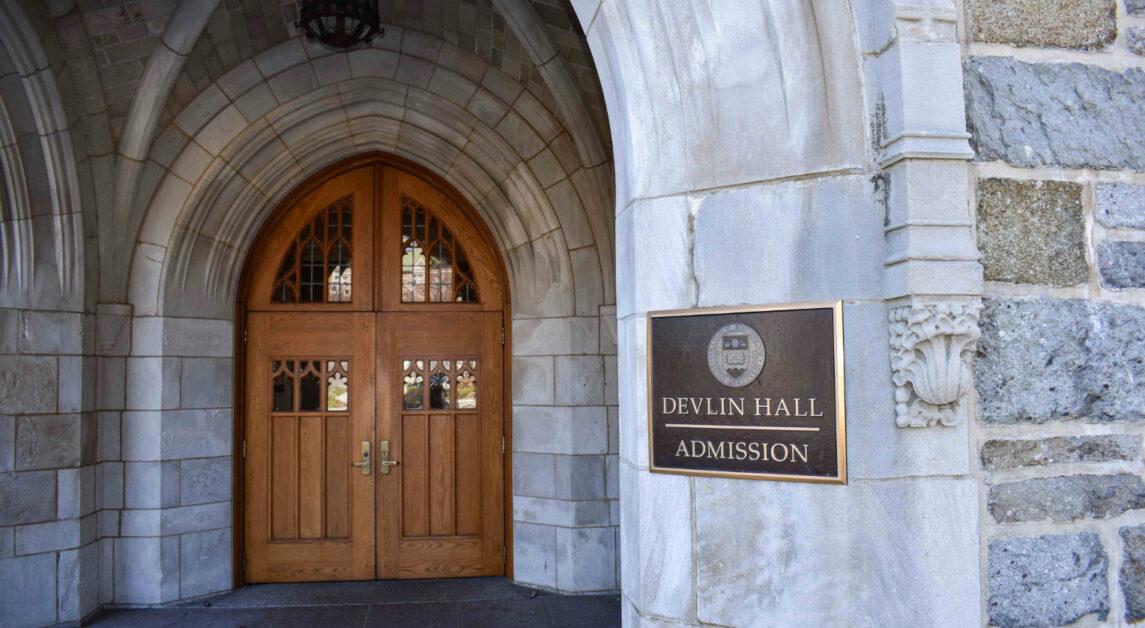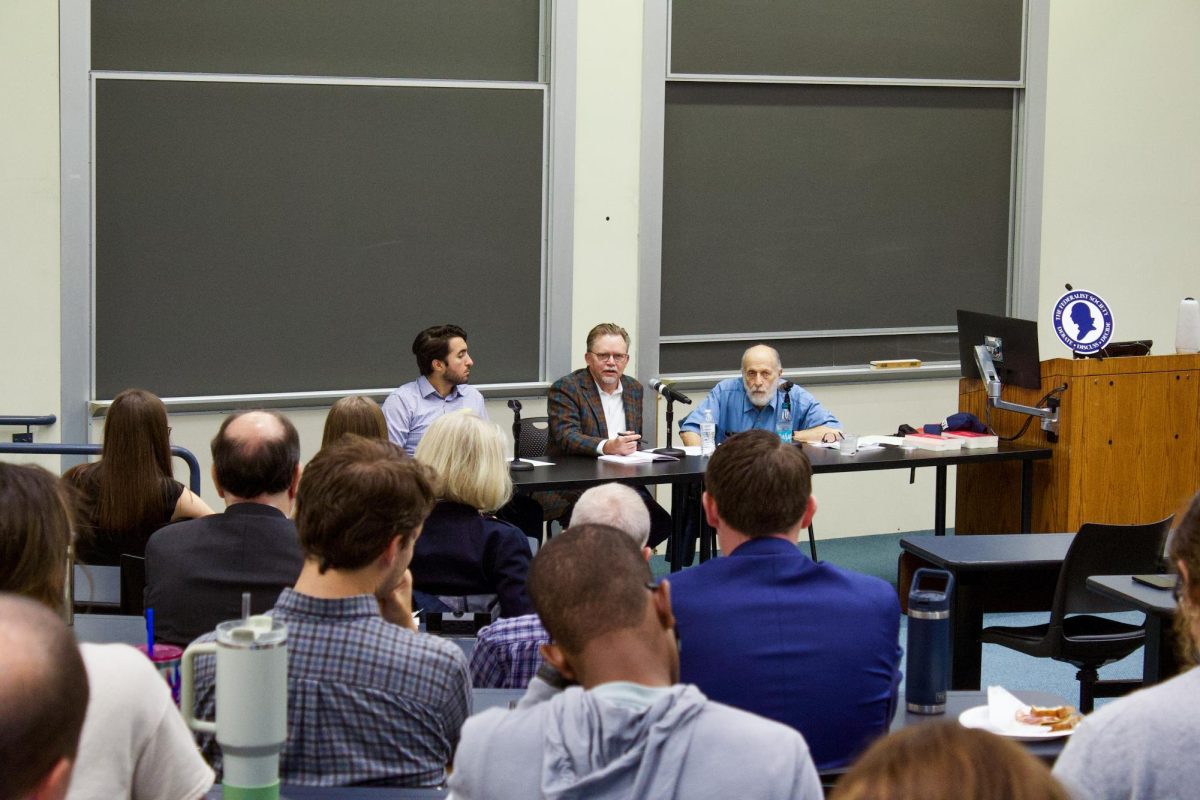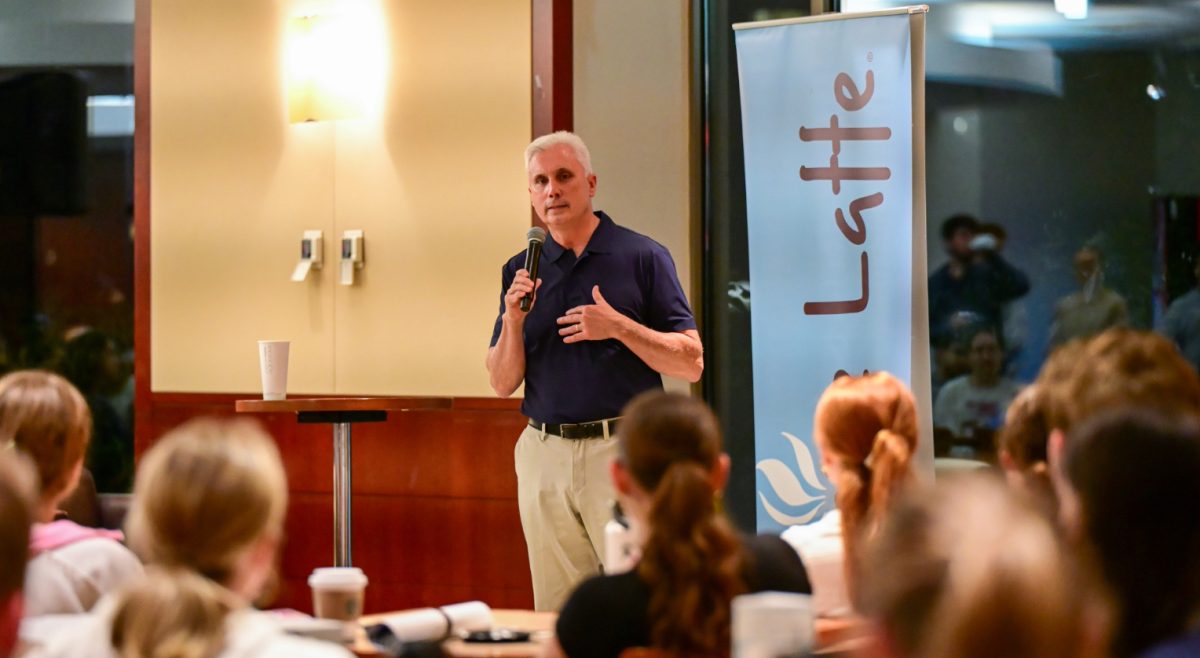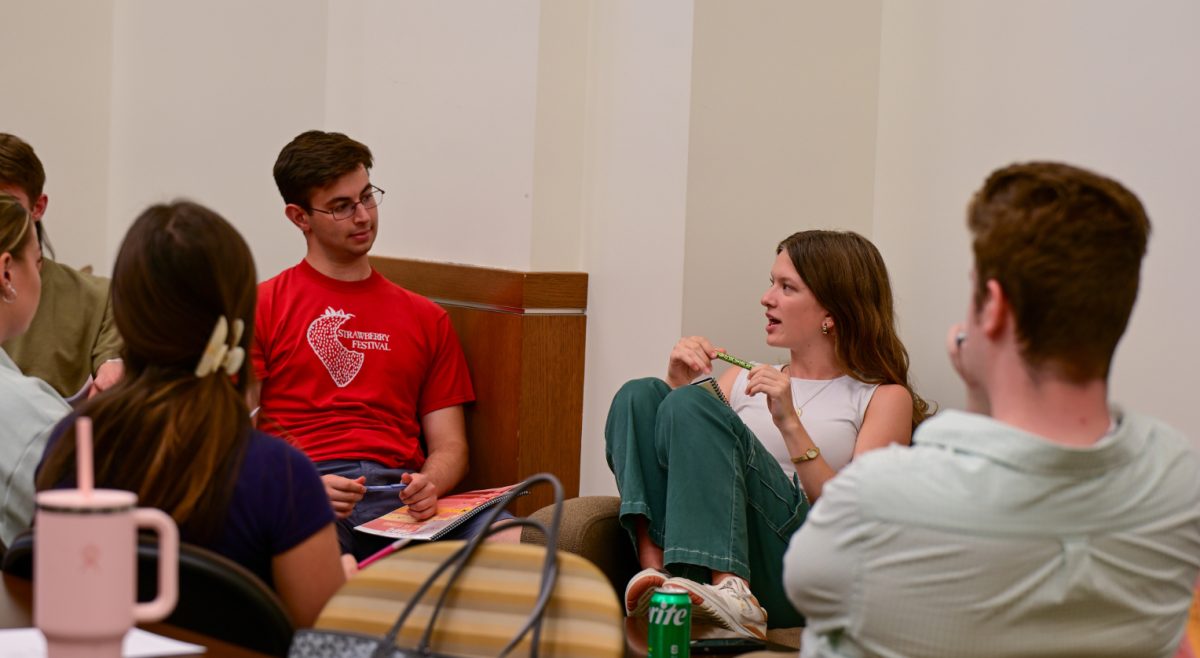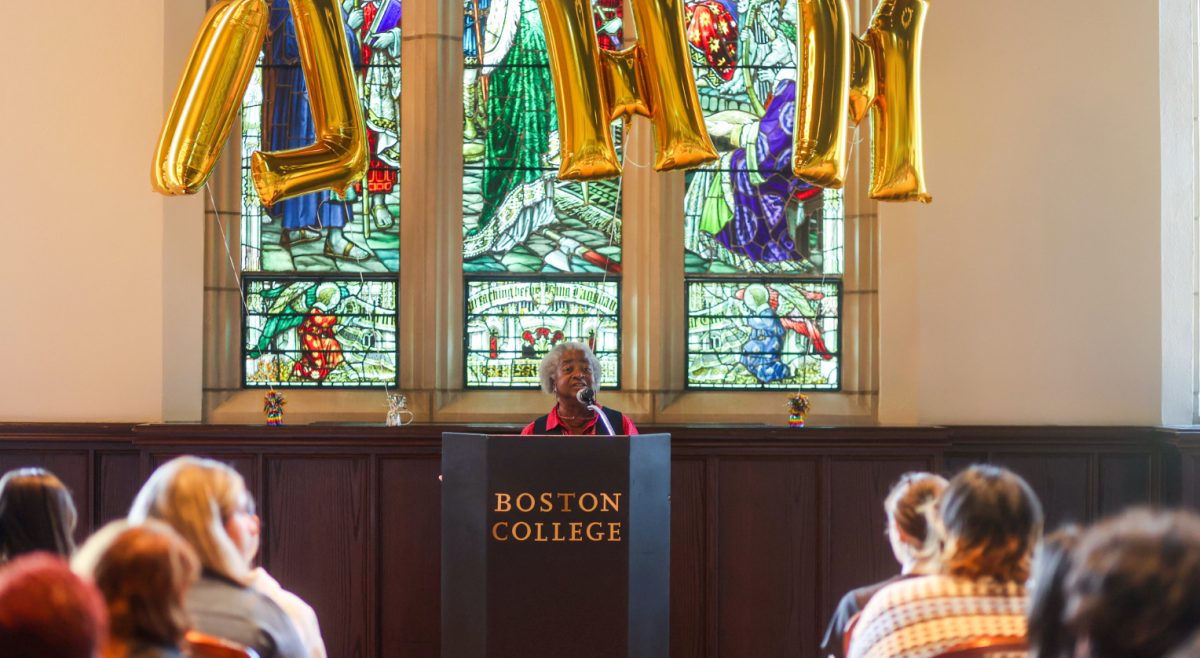Since 1992, Boston College undergraduates have been able to take law school courses in a program pioneered and coordinated by BC Law professor Zygmunt Plater. This spring, Environmental Law and Policy: Nature, Law, and Society, could potentially certify students to take a dozen other upper level law school electives, given satisfactory performance in the course. The three-credit course is taught by pairs of third year law students at BC Law.
The course will explore what the law is, the role of the government, and how the law can address climate change.
“It’s a huge issue—probably the most important issue our generation will face,” said Patrick Gallagher, a third-year BC Law student who will teach the course. “We are at a period in time where environmental issues are all around us, literally everything you do has some connection to the environment.”
Three sections of Environmental Law and Policy: Nature, Law, and Society will be offered to all undergraduates during the spring semester, with a cap at 40 students per section. The mission of the class is to examine the actions of society and how they impact the environment, consider the environmental consequences that have been a result of people’s actions, and to discuss and provide students with an understanding about what the law can do to protect the environment.
Throughout the semester, students will be immersed in discussions ranging from an exploration of how the legal system works behind environmental issues and how agencies can regulate activities that are harming the environment, to an examination of situations when people have sued corporations and the government for their actions, or inaction, involving environmental damage resulting from the disregard of protective laws.
While the course is aimed at students who have an interest in law and intend to pursue law school, it is also designed to be all-inclusive. Rather than teaching environmental law, the course teaches the structure of the legal system in a way many university law courses do not, Plater said.
“Especially if undergrads are not going to go to law school, they’ve got to learn to understand how and get around the legal structure because the legal process is everywhere, and often it’s saying, ‘You can’t do that,’” he said. “The students who take this course understand how the court or government agency works, in technical terms, enough to say, ‘Why not?’”
In addition to experiencing a course modeled after a law school-level course, students who do well within the class can receive recommendations from their teachers to be certified to take other law school courses as an undergraduate.
The course is taught by pairs of third-year law students from BC Law School, Harvard Law School, as well as Boston University Law School, however, it is the BC Law students who do the majority of the teaching.These third-year law students have faculty status within the University rather than being teaching assistants for Plater. During the fall semester, they are trained and prepared to teach the undergraduates coming in during the spring.
“We want people taking this class to be able to get an introduction to the law and to how a law school course works,” Gallagher said. “If that’s something that appeals to people, that’s great, but at the same time, law school isn’t for everyone, and hopefully if people are on the fence or if they’re thinking about it, maybe they’ll take this course and say, ‘You know, actually, this isn’t what I want to do,’ and that’s important to know.”
Featured Image courtesy of BC Law





